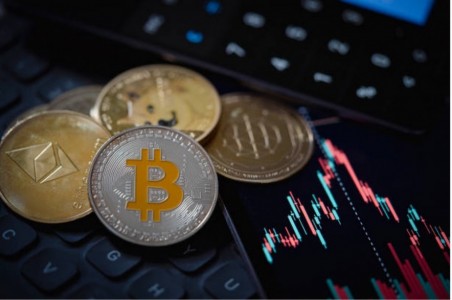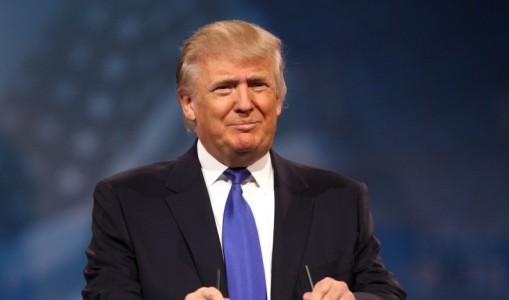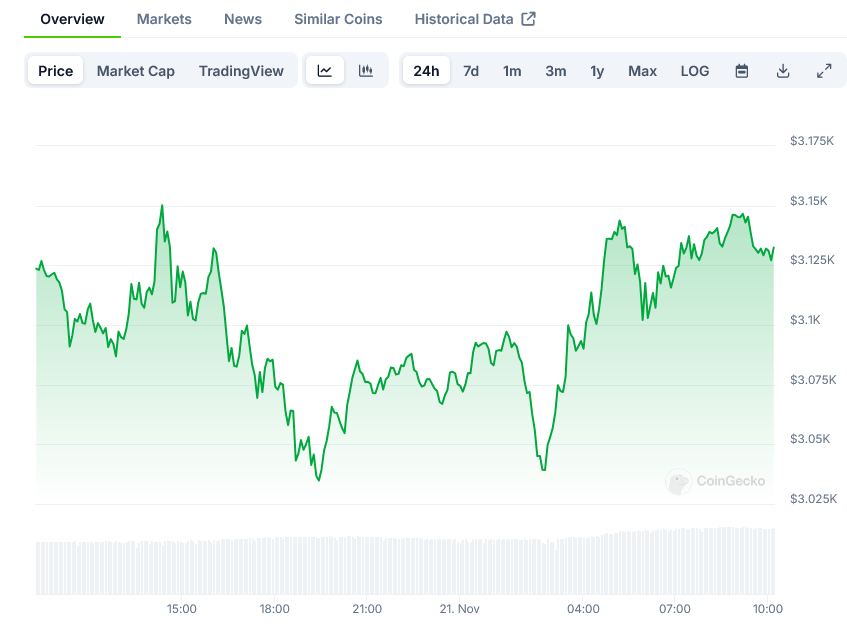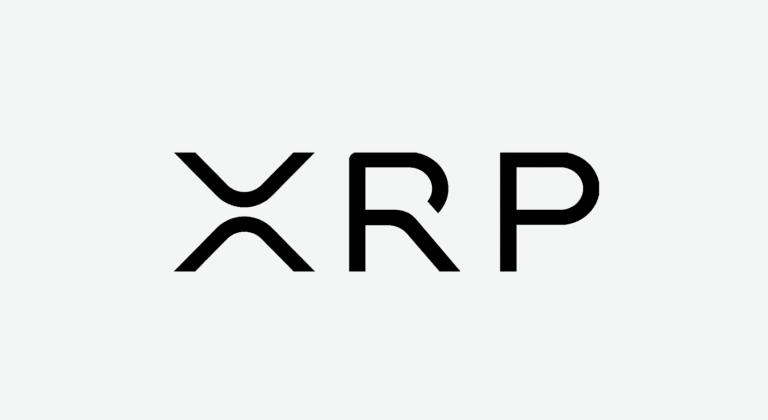How the TikTok-Focused RESTRICT Act Could Affect Cryptocurrency

In March 2023, a group of U.S. senators introduced the RESTRICT Act, which aims to prevent transactions related to certain foreign companies such as TikTok.
Though the act is intended to be used against companies in countries that are widely considered a threat, many have expressed concerns about the act’s broader implications — including its potential impact on the crypto industry.
RESTRICT Act Could Target Crypto
CoinCenter, a crypto advocacy group, commented on the law on March 29. The group said that the act could have legitimate applications within the crypto sector by blocking crypto transactions to parties in sanctioned countries.
For example, the act could help block certain transactions performed through coin-mixing services, which are often used to launder North Korean ransomware funds.
Though CoinCenter said it supported those specific enforcement applications, it also warned against an overbroad application of the RESTRICT Act — such as any interpretation that attempts to apply the law to all Bitcoin transactions.
CoinCenter noted that it is already fighting similar sanctions that universally restrict the use of the Tornado Cash coin mixer despite its legitimate applications.
How Severe Is the Legislation?
CoinCenter and others have denounced the RESTRICT Act as an overly broad piece of legislation. Specifically, the group said that it would “rather not have these broad and abuse-prone powers being wielded” by regulators such as OFAC.
It also argued that the RESTRICT Act is redundant due to the fact that existing regulation such as the International Emergency Economic Powers Act (IEEPA) already provides agencies with plenty of power to block foreign transactions.
The group also noted that, despite the similarities between IEEPA and RESTRICT, there are certain differences that could make the latter much more difficult to challenge.
Reports elsewhere speculate that there could be direct consequences for users, such as a 20-year prison sentence for accessing restricted applications — a category that conceivably includes cryptocurrency services such as decentralized apps.
However, other reports suggest that this concern is unfounded. A spokesperson for one of the senators involved in the bill said that the legislation “is aimed squarely at companies like Kaspersky, Huawei, and TikTok” rather than individuals.
In any case, the RESTRICT Act has not yet been enacted into law. Despite apparent support within the U.S. government, there is not yet any guarantee that it will come into effect. Until then, the details may be of little concern to crypto users.




























